
Do you sometimes sprinkle grated Parmesan cheese on your dog's food to entice them to eat? Maybe you've stopped and wondered if your dog should be eating Parmesan.
Parmesan is a hard, aged cheese originating from the Reggio Emilia, Parma region of Italy. It is a hard cheese, meaning it is low in lactose, as opposed to softer cheeses such as mozzarella and brie. It is also an aged cheese (sometimes aged up to 12 months), meaning it is higher in sodium than non-aged cheeses. It's important to note that 'true' Parmesan cheese is more commonly called Parmigiano-Reggiano in the United States. While the Parmesan you can purchase pre-grated in plastic shakers is technically Parmesan cheese, these contain preservatives not used in classic Parmesan.
Most dogs are actually lactose intolerant to a point. Dogs lack the enzyme lactase needed to break down the milk sugar lactose. A healthy dog may be able to tolerate up to 2 g of lactose per kg of body weight. There's 2.2 lbs in 1 kg, so if you know your dog's weight in pounds, simply divide by 2.2 to determine their weight in kilograms. Grated Parmesan may contain anywhere from 2.9% to 3.7% lactose, while fresh Parmigiano-Reggiano may contain anywhere from 0 to 3.2% lactose. Since Parmesan is a hard cheese with less lactose in it than some other, softer cheeses, it may be easier for your pup to digest.
The aging process means it will naturally be higher in sodium than other cheese varieties. When Parmesan was first created, salt was the most commonly used natural preservative, so it remains a high source of salt. This can be a health concern for healthy dogs but especially for dogs with certain diseases, including heart and kidney disease. If your dog has a heart or kidney condition, you should avoid feeding them Parmesan, as salt toxicity is something that can happen in dogs. For most healthy, adult dogs, a toxic dose of salt is ~4000 mg of salt per kg of body weight. Dogs with heart disease or kidney disease will be even more sensitive to salt. Parmesan cheese has about 76 mg of salt per tablespoon of cheese. A healthy dog will need to ingest a large amount of cheese for it to be considered deadly, but that doesn't mean non-lethal doses are healthy. A dog should consume no more than 1 mg of salt per kg of body weight per day. Keep in mind, though, that your dog is consuming salt in their diet and other treats, not just Parmesan.
Due to its low lactose level, Parmesan can be easier on your dog's GI system than other cheeses. In large amounts, though, your dog can still experience gastrointestinal upset. If your dog is intolerant of the lactose in Parmesan you may see any of the following:
Since Parmesan is higher in salt content than it is in lactose, signs of salt toxicity will be more commonly seen than signs of lactose intolerance. A dog that has consumed too much salty Parmesan will exhibit the following symptoms:
True cases of salt toxicity, if not treated immediately, can lead to coma and death, so if your dog eats Parmesan and you then notice any of the above symptoms, seek veterinary attention immediately.
If your dog eats Parmesan, first try to determine how much Parmesan they ate. Depending if you have a shaker bottle of grated Parmesan or a block of it, this may be more or less difficult to figure out accurately. If they ate a large amount of cheese (relative to how big your dog is—a 5 lb dog eating a whole shaker bottle of Parmesan will be affected differently than a 55 lb dog eating that same shaker bottle of Parmesan), you can call your vet or Pet Poison Control to determine if you should seek medical attention now or if you should ride it out and monitor for symptoms. In the United States you can call (888) 426-4435 to contact the ASPCA Pet Poison Hotline or (855) 764-7661 to contact the Pet Poison Helpline.
If the hotline does recommend a vet visit, they will give you a case number to then give your veterinarian. This is helpful for your veterinarian as they can call the hotline and get
specific recommendations from the veterinary toxicologist for your dog. While most veterinarians know what is poisonous for your dog to consume and what isn't, there are so many toxins your dog can get into, there is a different treatment for each, and the treatment plans can change based on a dog's medical history and how they are responding to therapy. The veterinarians that work at pet poison control centers are essentially veterinary specialists when it comes to toxin ingestion.
While most dogs can eat small amounts of cheese and not have any lasting side effects, not all cheeses are created the same. Parmesan cheese, with it's high salt content, isn't the best dog treat or food topper. Instead, opt for something like cottage cheese. This is a much healthier product for your dog to be snacking on.

The First 30 Days With Your New Kitten
The first month is full of changes and excitement for a kitten in a new home. Find out what to expect and what you can do for your new feline friend.
How Old Is Your Cat in Human Years?
As a cat ages, there are often behavioral and physical changes too. Find out how to convert cat years to human years and what to expect at each stage.
What to Buy for Your New Cat: A List of Essentials
Before you bring your new cat or kitten home, there are a number of things to collect or buy so your cat will feel welcomed like a family member.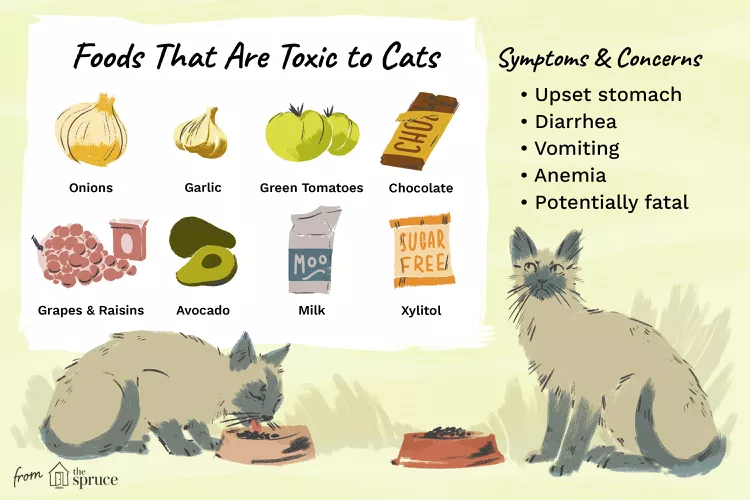
Human Foods That Are Poisonous to Cats
Many human foods are toxic to cats. Avoid feeding cats table scraps. Instead, feed a nutritious cat food created for their specific nutritional needs.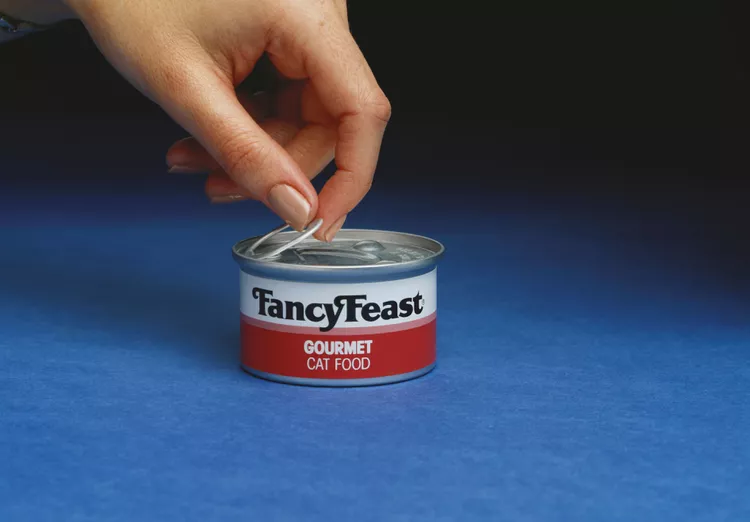
Cat Food Ingredients to Avoid
When checking the nutrition content of cat food, look for ingredients that are not healthy or show it is of poor quality. Avoid these 3 ingredients.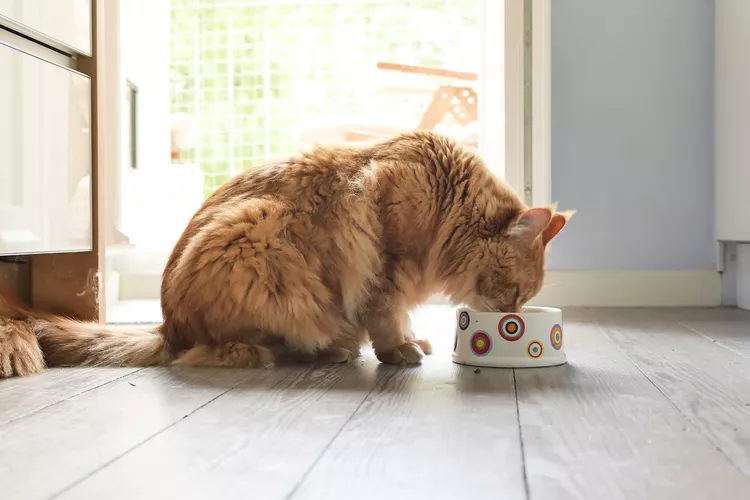
Should You Feed Your Cat a Raw Diet?
Learn the pros and cons of raw diets for cats, and find out how to choose a raw food diet for your own cat.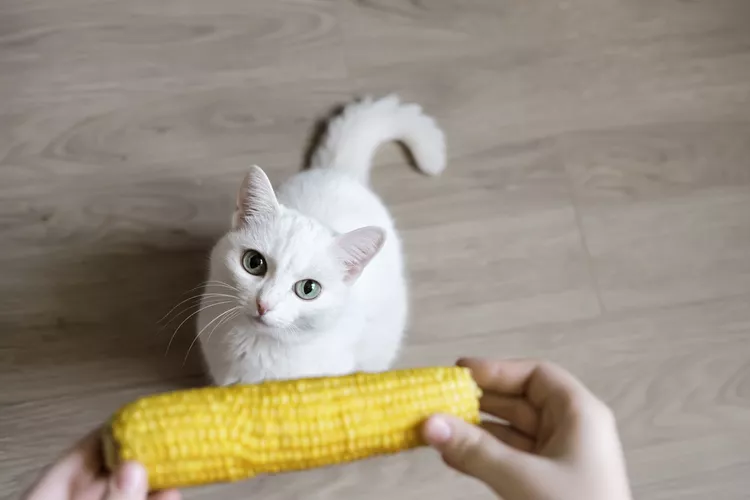
Can Cats Eat Corn? Here's What A Vet Thinks
Corn is a common ingredient in cat food and can be a safe treat for cats when fed in moderation. Find out more about how to safely feed corn to your cat.
10 Obscure, Little-known Canine Facts in Honor of National Dog Day
With National Dog Day upon us, it's time to celebrate everything about our favorite pets—even the weirder stuff. Here are 10 obscure facts about dogs you probably didn't know.
The Different Types of Pet-Friendly Workplaces
Discover the different types of pet-friendly workplaces and the benefits they offer employees. Learn how to create a pet-friendly workplace and the best practices for pet owners.
Exploring the Different Types of Pet-Friendly Beaches
Are you looking for pet-friendly beaches? Learn about the different types of pet-friendly beaches, their locations, and tips for visiting them with your pet.
Why Is My Dog Lethargic?
Lethargy can be a sign that something is wrong with your dog. Find out what may be causing this lack of energy and what you should do about it.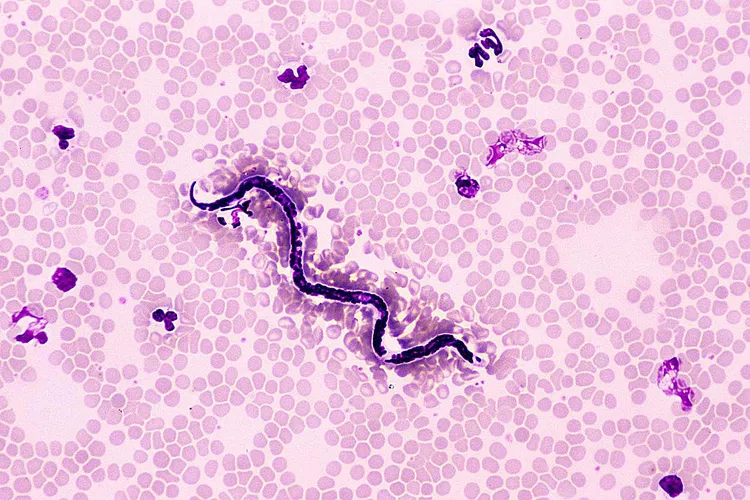
Medications to Prevent Heartworm Disease for Dogs
Heartworm disease is a serious risk for all dogs exposed to mosquitos. Find out about the products used to prevent Heartworm disease in dogs.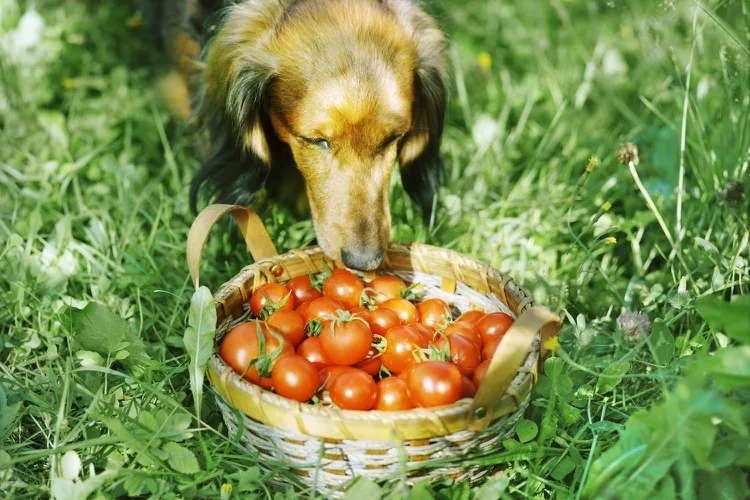
Can My Dog Eat Tomatoes?
You'll want to keep Fido out of your garden since the tomato plant is toxic, but you can safely offer him ripe tomatoes as a nutrient-packed treat.
15 Best American Cat Breeds
Several cat breeds, including the American shorthair and Bengal, have their origins in the United States. Learn more about these American cat breeds.
Why Do Cats Slap Each Other?
Cats can have some quirky behaviors—one of them being slapping each other. Why do they do this and what can you do to stop it?
Skye Terrier: Dog Breed Characteristics & Care
Learn all about the Skye Terrier, an elegant breed known for its friendly and even-tempered personality with classic terrier traits.
Sloughi: Dog Breed Characteristics & Care
Learn all about the Sloughi, an ancient dog breed known for its impressive running ability, slim stature, and affection toward its family.
English Setter: Dog Breed Characteristics & Care
Learn about the English setter, an excellent hunting breed for pointing and retrieving game. It's also a popular and affectionate companion dog.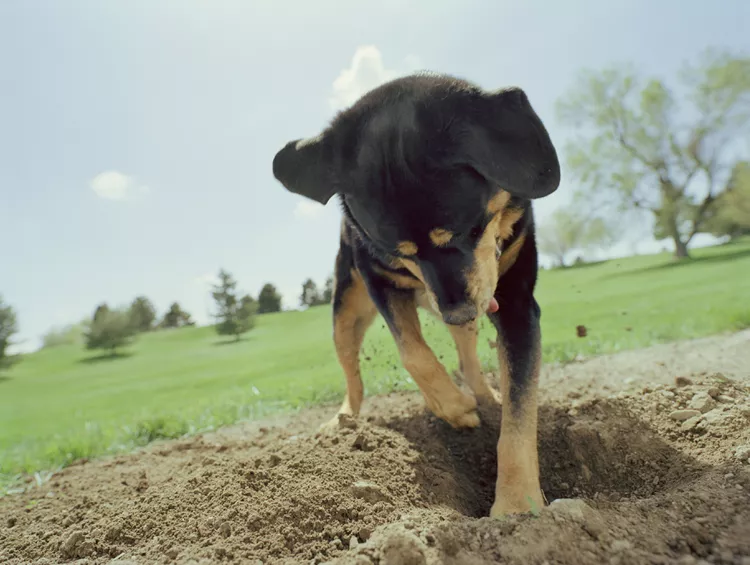
Why Dogs Bury Bones and Other Objects
If you give a dog a bone, he might bury it. Why is that? Learn about this burying behavior in dogs and what it means for your pet.
Reasons Why Dogs Run Away and How to Stop It
Dogs can escape, especially if they’re bored and not properly contained. Here are some techniques for stopping your dog from running away.